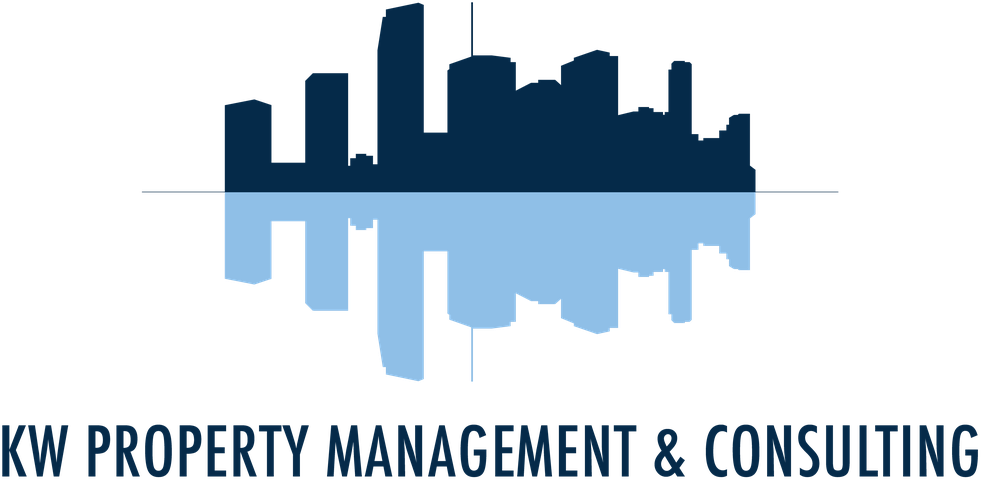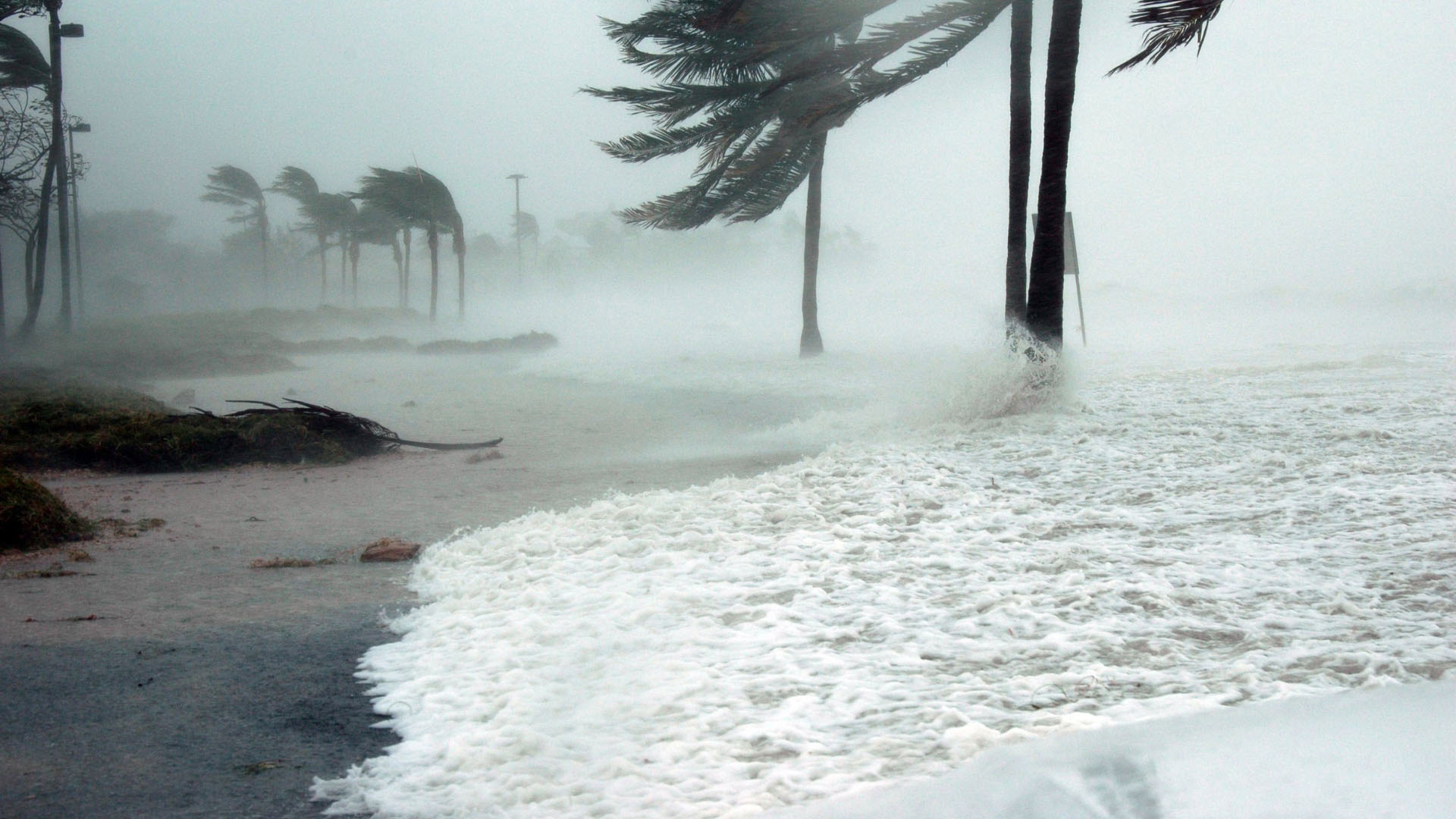Why Hurricane Preparedness Matters for Florida Communities
Florida’s hurricane season can be unpredictable and dangerous, especially for communities governed by HOAs and condo associations. Unlike individual homeowners, these associations are responsible for shared spaces, critical infrastructure, and the overall safety of multiple residents. Proper planning can significantly reduce storm damage, enhance recovery speed, and increase resident confidence.
Top 5 Proactive Hurricane Preparedness Steps for Florida HOAs and Condo Associations
1. Develop and Communicate a Comprehensive Hurricane Preparedness Plan
Every Florida HOA and condominium association should have a formal hurricane preparedness plan that includes:
- Evacuation procedures and local routes.
- Protocols for securing common amenities such as clubhouses, pools, and fitness centers.
- Clear communication guidelines for before, during, and after a storm.
Associations should ensure residents understand the plan via:
- Pre-season meetings.
- Email newsletters.
- Community websites and bulletin boards.
2. Secure Common Areas and Community Amenities
Unsecured items can become dangerous projectiles. Associations must:
- Store or secure outdoor furniture, umbrellas, and signage.
- Inspect and secure impact-resistant windows and shutters.
- Conduct a property-wide hazard inspection ahead of each hurricane season.
3. Maintain Clear, Timely Communication with Residents
During a hurricane emergency, fast and reliable communication is essential. Associations should:
- Use email, SMS alerts, and social media platforms.
- Send updates from credible sources such as the National Hurricane Center.
- Clearly state community-specific instructions on parking, waste disposal, and amenity usage.
4. Coordinate with Vendors and Emergency Services
Successful storm recovery often depends on pre-established relationships. Associations should:
- Sign pre-arranged contracts for cleanup and restoration services.
- Ensure 24/7 access to key vendors like electricians and plumbers.
- Coordinate with local emergency responders and government agencies.
5. Financial Preparedness and Emergency Funds
Associations must be ready to fund storm-related expenses without delay. Steps include:
- Maintaining an emergency reserve fund.
- Reviewing insurance policies to cover gaps and high deductibles.
- Budgeting for temporary labor, repairs, and debris removal.
The Value of Professional Hurricane Preparedness Services
Partnering with a property management firm like KW Property Management & Consulting ensures that your hurricane preparedness plan is thorough and up-to-date. Their experience in storm planning, vendor coordination, and community communication can help minimize risk and maximize peace of mind.
Key Takeaways
| Step | Action Item | Benefit |
|---|---|---|
| 1 | Create a hurricane plan | Clear roles and safety instructions |
| 2 | Secure community areas | Reduces storm damage |
| 3 | Communicate with residents | Enhances response and safety |
| 4 | Coordinate with vendors | Speeds up post-storm recovery |
| 5 | Financial preparation | Ensures swift response and repairs |
Frequently Asked Questions (FAQs)
Q: When should Florida HOAs begin preparing for hurricane season?
A: Ideally, associations should start in late spring, before the official season starts on June 1.
Q: Who is responsible for securing common areas in an HOA?
A: The property manager or board of directors typically oversees this responsibility, often with help from maintenance staff.
Q: Can residents be held accountable for damages caused by unsecured private items?
A: Yes. Community rules should clearly define resident responsibilities and penalties for non-compliance.
Q: What communication tools are best during a hurricane?
A: Multi-channel systems like email blasts, SMS alerts, and mobile app notifications are most effective.
Q: How often should insurance policies be reviewed?
A: At least annually, especially before hurricane season begins.
Q: What should be included in an emergency vendor agreement?
A: Priority service clauses, fixed pricing, response time commitments, and service availability guarantees.
Conclusion: Build a Resilient, Hurricane-Ready Community
By adopting a proactive hurricane preparedness plan, Florida HOAs and condo associations can safeguard residents, reduce property damage, and improve post-storm recovery times. With expert support from trusted partners, communities can weather the storm and emerge stronger than ever.
Ready to learn more? Complete the form below.

